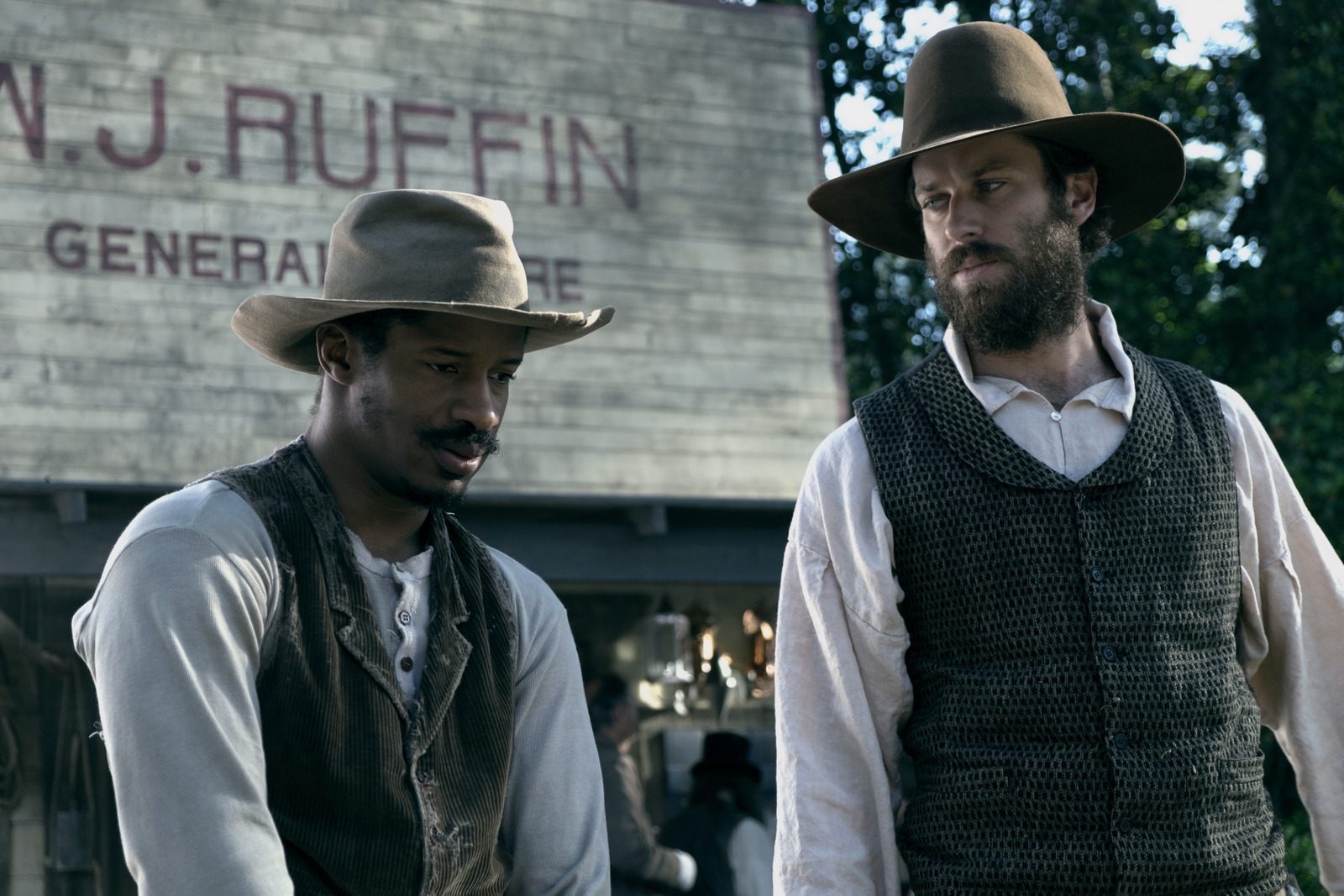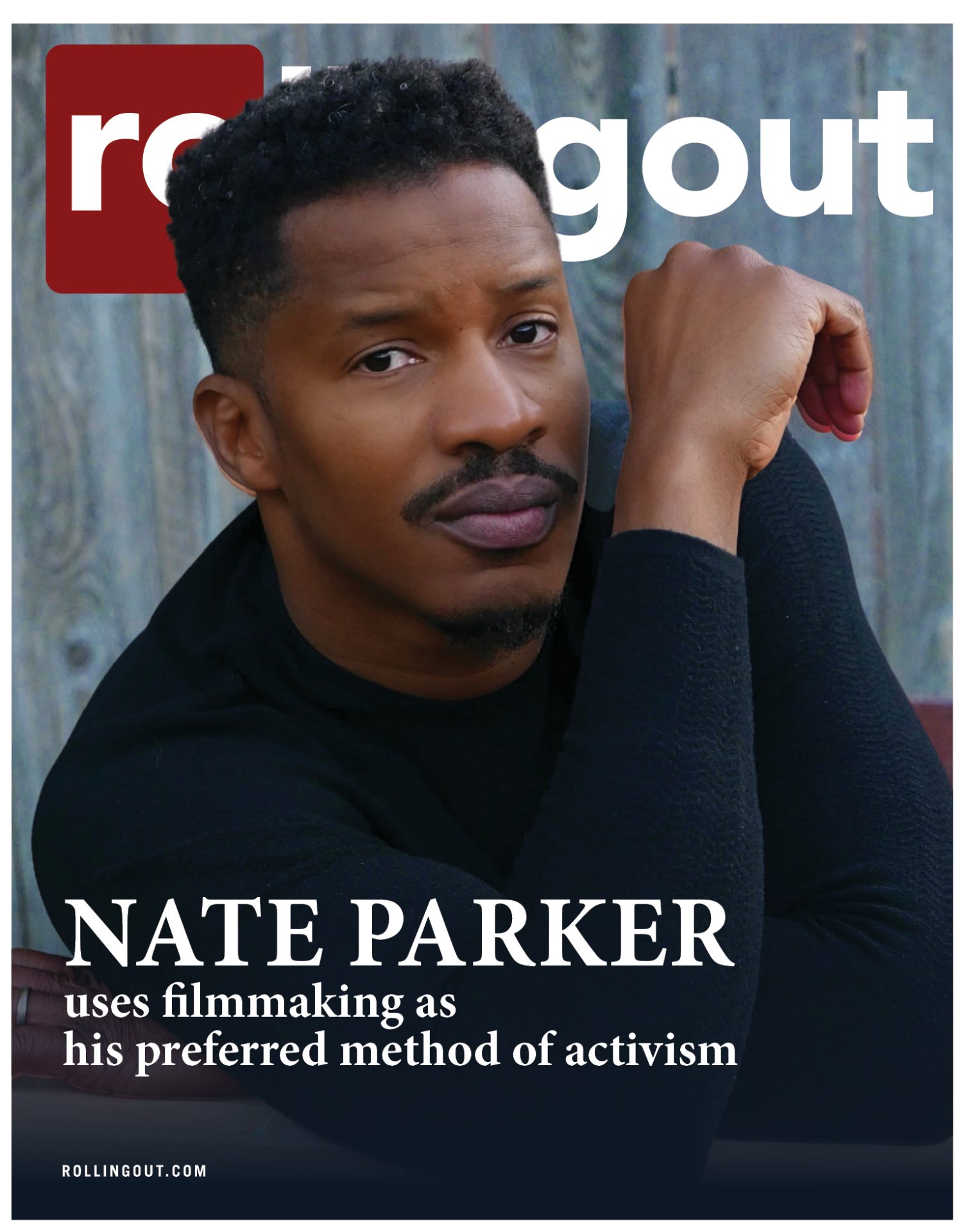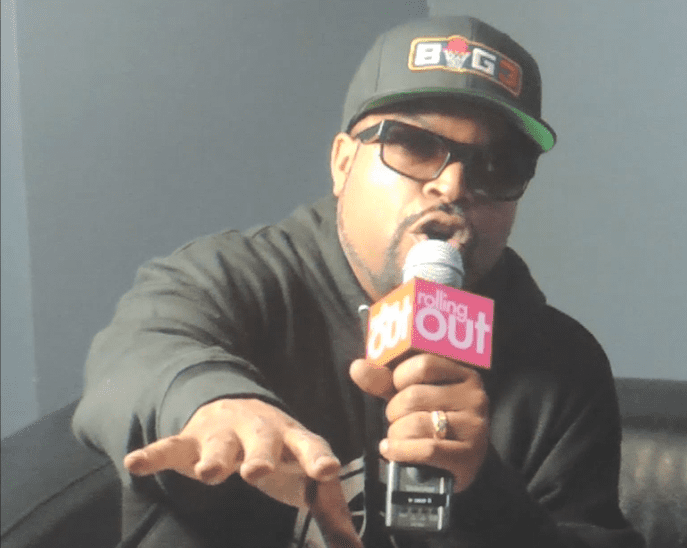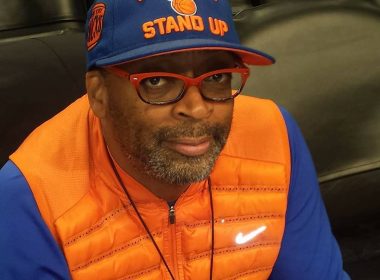
Nate Parker reveals his awareness and consciousness about consent has changed since he was acquitted of rape more than a decade ago.
In a recent interview with Ebony magazine on Friday, Aug 26, the brains behind The Birth of a Nation opened up about his involvement in a 1999 college rape trial — how he’s moving forward after the trail resurfaced earlier this month.
As previously reported, Parker, 36, was acquitted in a 2001 trial after an 18-year-old female classmate at Penn State accused him and his longtime friend and collaborator Jean Celestin of sexual assault. Although Celestin was initially found guilty, his conviction was later appealed and overturned. After giving two initial interviews and sharing his feelings in a Facebook post, writing, “I have changed so much since nineteen. I’ve grown and matured in so many ways and still have more learning and growth to do. I have tried to conduct myself in a way that honors my entire community — and will continue to do this to the best of my ability. All of this said, I also know there are wounds that neither time nor words can heal,” Parker went silent — until now.
“I gotta be able to look at it and say, well, you know, I have engaged in hyper-male culture,” Parker said of the case. “And I’m learning about it, and I’m learning how I can change and help young boys and young men change.”
Still, Parker’s admittance wasn’t accepted by everyone. The filmmaker was later accused of being “insensitive” and self-centered in regards to the rape allegations. So, he reached out to his female counterparts for guidance. “I called a couple of sisters that [I] know that are in the space that talk about the feminist movement and toxic masculinity, and just asked questions,” he confessed. “What did I do wrong? Because I was thinking about myself. And what I realized is that I never took a moment to think about the woman. I didn’t think about her then, and I didn’t think about her when I was saying those statements, which was wrong and insensitive.”
“I was acting as if I was the victim,” he said of his interviews with Variety and Deadline earlier this month. “And that’s wrong. I was acting as if I was the victim because I felt like, my only thought was that I’m innocent and everyone needs to know. I didn’t even think for a second about her, not even for a second.” He went on to admit learning that his accuser killed herself in 2012 “shook” him.
Once more, the director did his best to apologize to those directly affected by sexual assault, as his previous comments came across “nonchalant.”
He said, “All I can do is seek the information that’ll make me stronger, that’ll help me overcome my toxic masculinity, my male privilege, because that’s something you never think about. You don’t think about other people. … I recognize as a man there’s a lot of things that I don’t have to think about. But I’m thinking about them now.”












